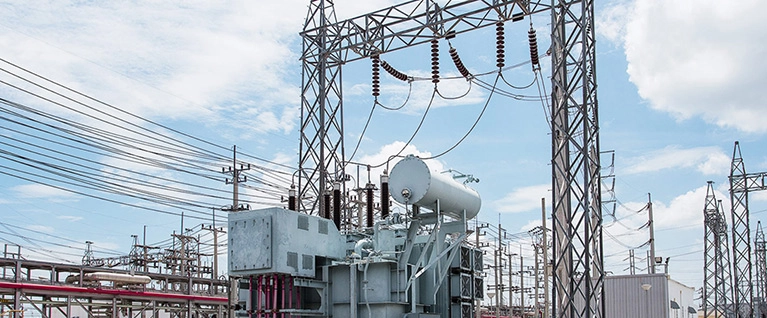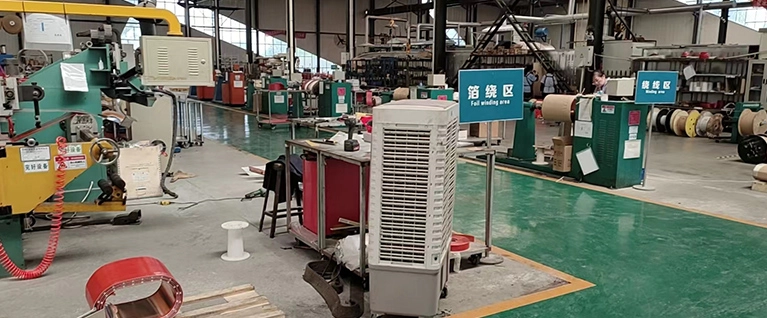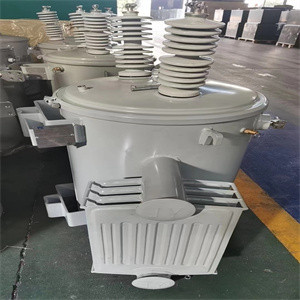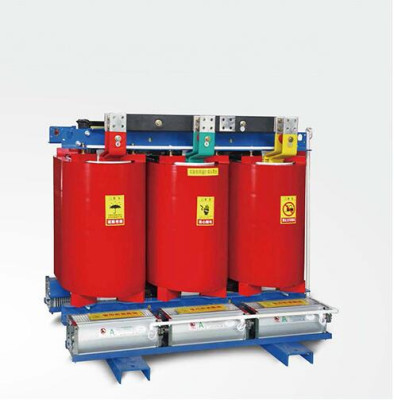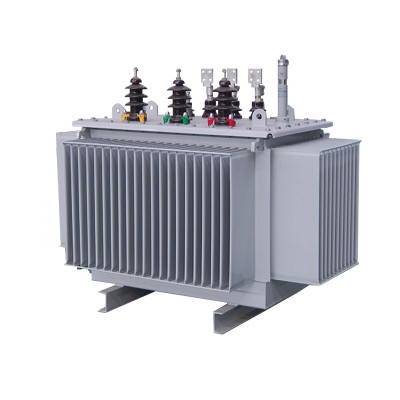Transformer oil leakage problems and solutions
1. Oil leakage from welding
Mainly due to poor welding quality, there are defects such as virtual welding, de-soldering, pinholes and blisters in the welding seam, the power transformer is covered with flux and paint when it leaves the factory, and hidden dangers are exposed after operation. Vibration cracks, causing leakage. For the leakage phenomenon that has already occurred, first find the leakage point, which cannot be missed. For serious leakage parts, metal tools such as flat shovels or sharp punches can be used to rive the leakage points. After controlling the amount of leakage, the treatment surface should be cleaned up. Most of the polymer composite materials are used for curing, and long-term treatment can be achieved after curing. purpose of leakage.
2. Oil leakage from seals
The reason for the poor sealing is that the sealing between the box edge and the box cover is usually sealed with oil-resistant rubber rods or rubber gaskets. If the joints are not handled properly, it will cause oil leakage failure. Some are bound with plastic tapes, and some are directly pressed together by the two ends. Due to the rolling during installation, the interface cannot be pressed firmly, and the sealing effect cannot be achieved, and oil is still leaking. It can be bonded with Fuchs blue material to form a whole joint, and the oil leakage phenomenon can be greatly controlled; if the operation is convenient, the metal shell can also be bonded at the same time to achieve the purpose of leakage control.
3. Oil leakage at the flange connection
The flange surface is uneven, the fastening bolts are loose, and the installation process is incorrect, so that the bolts are not fastened well, resulting in oil leakage. After the loose bolts are fastened, the flange is sealed, and the bolts that may leak are also treated to achieve the purpose of complete control. Tightening of loose bolts must be carried out in strict accordance with the operating process.
4. Oil leakage from bolt or pipe thread
The processing is rough and the sealing is poor when leaving the factory. The power transformer will leak oil after being sealed for a period of time. The bolts are sealed with polymer materials to achieve the purpose of controlling leakage. Another method is to unscrew the bolts (nuts), apply Fuchslan release agent on the surface, and then apply the material on the surface to tighten, and after curing, the treatment purpose can be achieved.
5. Oil leakage from cast iron
The main reason for oil leakage is that there are sand holes and cracks in the iron castings. For crack leakage, drilling crack prevention holes is the best way to relieve stress and avoid extension. During treatment, lead wire can be driven into the leakage point or riveted with a hand hammer according to the crack situation. The leak was then cleaned with acetone and sealed with material. Casting trachoma can be sealed directly with the material.
6, radiator oil leakage
The radiator pipe of the radiator is usually made of seamed steel pipe after being flattened and punched. Oil leakage often occurs in the bending part and the welded part of the radiator pipe. This is because when the radiator pipe is punched, the outer wall of the pipe is under tension and the inner wall is under pressure. , due to residual stress. Close the upper and lower flat valves (butterfly valves) of the radiator to isolate the oil in the radiator from the oil in the tank, reducing pressure and leakage. Appropriate surface treatment is carried out after the leakage site is identified, and then Fuchs Blue material is used for sealing treatment.
7. Oil leakage from porcelain bottles and glass oil markers
Usually due to improper installation or seal failure. Polymer composite materials can well bond metals, ceramics, glass and other materials, so as to achieve the fundamental control of oil leakage.

